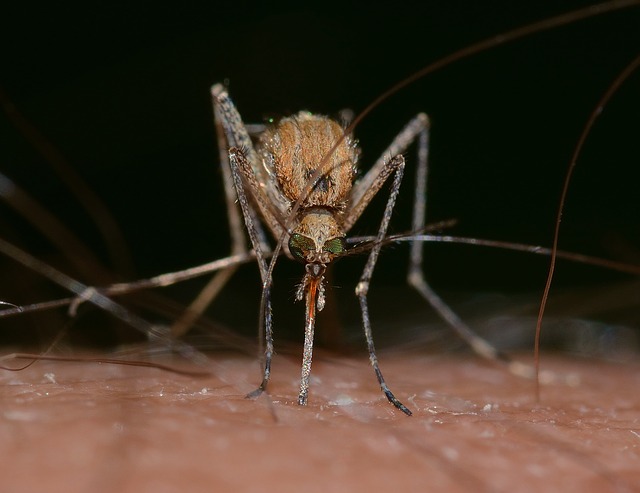The Cayuga County Health Department has received notification from the New York State Department of Health that a Cayuga County horse tested positive for West Nile Virus. The horse was stabled at a property in the Town of Cato.

The Health Department reminds the public that it is imperative to take measures to minimize being bitten by mosquitoes. With continued warm weather and many central New Yorkers enjoying summer by spending time outdoors, it is critical that residents continue to use personal protection measures and not to become complacent in doing so.
If you are spending time outdoors, you should take the following precautions:
- Personal protection measures are recommended during outdoor activities and includes; wearing shoes and socks, long pants and long-sleeved shirts.
- Consider using a mosquito repellent containing 20-30% DEET or Picardin. Follow the label directions. Wash your treated skin with soap and water after returning indoors.
- Make sure there are screens in your home’s windows and doors. Make sure they are free of rips, tears and holes
Reduce mosquito breeding by eliminating standing water on your property:
- Clean clogged rain gutters.
- Turn over wheelbarrows and wading pools when not in use.
- Change water in bird baths every four days.
- Properly maintain swimming pools, outdoor saunas, and hot tubs, drain water from pool covers.
- Use landscaping to eliminate low spots where standing water accumulates.
- Throw away outdoor containers, ceramic pots, or containers that hold water.
- Remove all tires from your property.
West Nile Virus is regularly found in the United States, and birds serve as the primary host of the disease. Infected mosquitoes can transmit the virus from birds and then carry it to horses or people. The virus can cause encephalitis, an inflammation of the brain and spinal cord. Infected horses may or may not show neurological symptoms and many recover completely, especially with annual vaccinations.
Vaccines for horses are widely available and have been proven to be effective in preventing infection.
Related:

